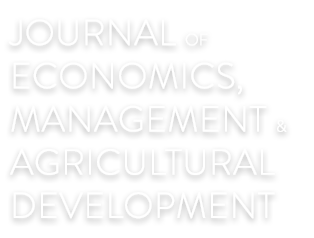Authors
ABSTRACT
This study was conducted to determine the adoption and socio-economic impacts of the pre–harvest disease management project on anthracnose and stem-end rot control and production cost reduction through need-based fungicide spraying and fruit bagging funded by PCAARRD. Results of the survey of 141 mango farm owners, share-holders and mango contractors in various provinces of the Philippines show that 69% of the respondents fully adopted need-based spraying and fruit bagging while 26% adopted either need-based spraying or bagging. The rest of the mango growers totally refrained from using these techniques in their operations since they do not aim to sell their produce on a commercial scale. The project benefited the Carabao mango industry in terms of increased yield and reduced post–harvest losses. The benefit-cost analysis showed that the return to R&D investment and mango growers’ production costs amounted to more than 100% which is much higher than the opportunity cost of money (12%). For the social impacts, 82% of the full adopters and 86% of partial adopters reported that their level of living improved after the adoption of the technology. The benefits to the industry could still increase if more mango growers adopt the technology. There is a need to further promote the technology in other mango producing areas in the country.

